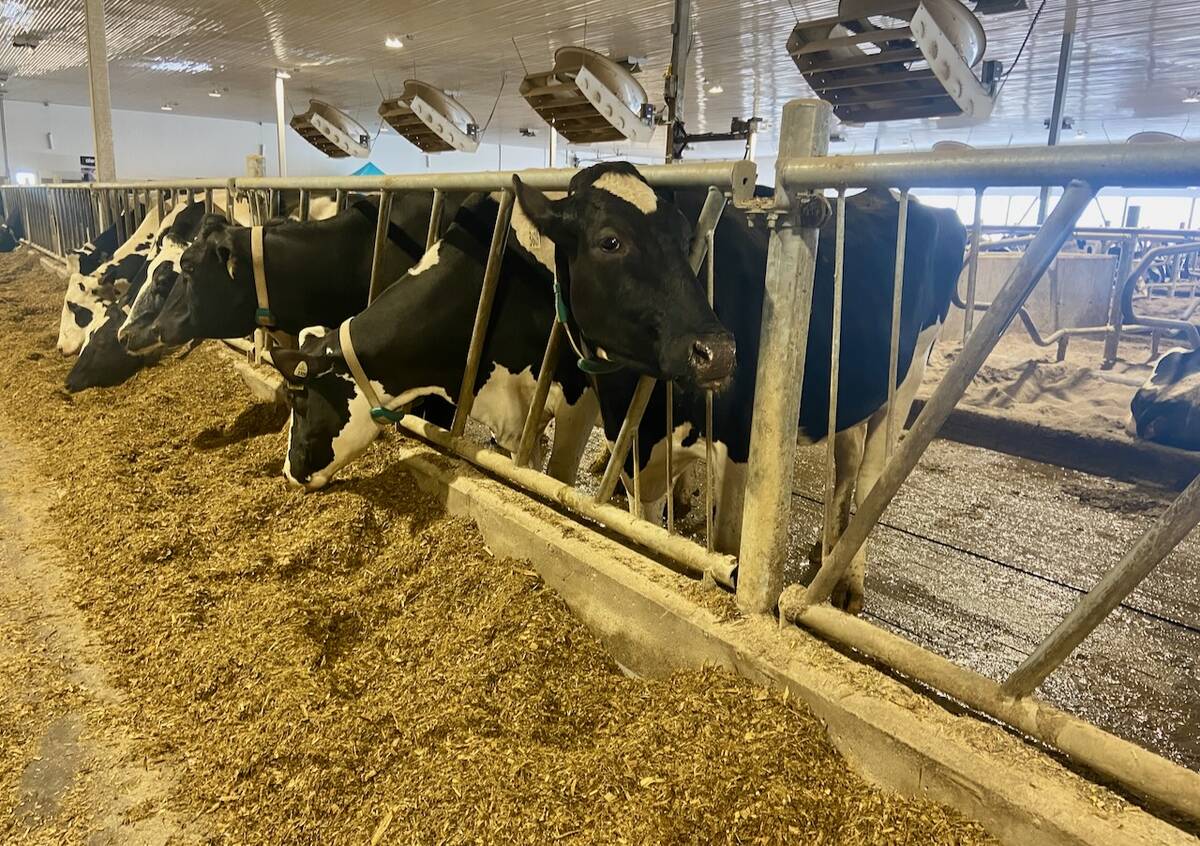Construction has started on a farmer owned grain terminal south of Lethbridge after months of worrying the project would never happen.
Lethbridge Inland Terminal plans to open in July 2008 and will employ up to 16 people, said company chair Shawn Stang.
A year and a half ago Stang and co-chair Darcy Heggie sold local farmers on a project to build the second producer owned terminal in Alberta. Stang is a former agricultural lender and Heggie has been involved in the grain business for all of his working life.
Read Also

U.S. farm group supports supply management
U.S. grassroots farm advocacy group pushing new agriculture legislation that would move towards supply management like Canada has for dairy industry
About 200 people invested from family farms, Hutterite colonies and the Blood First Nation. They represent more than 1.2 million acres, a third of which is irrigated.
The terminal raised $7 million in seven weeks from the farmers and with financing from ATB Financial Services and Farm Credit Canada, the year long construction project has started on the $22 million facility.
The investment plan was a private offering memorandum through the Alberta Securities Commission to raise the initial financing, but it was touch and go from the start, said Stang.
“There was a lot of pressure at different points in the planning process where the project was in doubt,” he said.
“Our last investor came in at 10 o’clock and we had to leave for Calgary at 11 o’clock in order to get the paperwork to the lawyer by 1 o’clock so he could close at 5 o’clock.
“If that last investor hadn’t come in we wouldn’t be standing here because we had no other options,” Stang said.
They had 30 days to finalize financing from the banks and got the last of their money hours before the deadline.
“It was literally down to the last minute every time,” he said.
“There are a lot of people in the grain industry who say ‘you might get it built but you’ll never get it up and running.’ “
There was an opportunity to approach established companies for loans and advice but the group decided to go it alone. However, the project has an agreement with Cargill to supply port terminal services at the West Coast.
“Cargill’s been a friend to this project right from the beginning even though it is not an investor,” he said. The grain giant has provided engineering and management advice.
Because it is a for-profit business, farmer investors are not committed to delivering to the terminal.
It will have a capacity of 1.5 million bushels, or 43,000 tonnes, and will be the largest agribusiness in the Lethbridge region. The concrete is already poured for the six annexes with room to add more later.
The company is on the Canadian Pacific Railway main line and can handle 112 car spots with room to expand.
“CP has suggested that they will want to go to 125 car unit trains in the future and we have built that into our project,” said Stang.
The terminal is located on 220 acres of land south of Lethbridge on Highway 4 connecting it to the road leading to the United States border crossing.
The Lethbridge team plans to work with the owners of the Southwest Terminal at Gull Lake, Sask., which has been operating for 10 years and became mortgage free in January.
The Alberta terminal plans to handle mostly Canadian Wheat Board grains but also has the capacity to deal with peas or supply grain to the malting and biofuel industries. Screenings will remain at the terminal and can be sold locally for animal feed.















